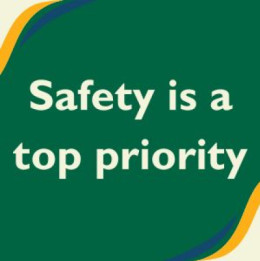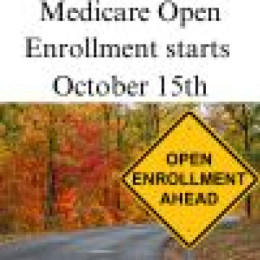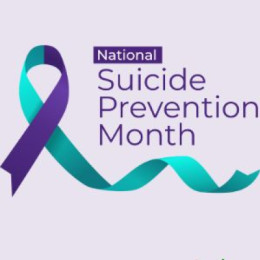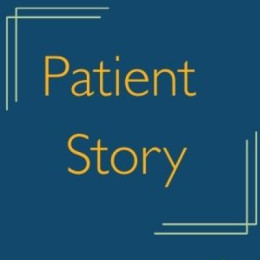Posted On: June 1, 2021 by Community HealthCare System in: Community health news News
For the past year, CHCS has worked to tackle the ever-changing challenges presented by COVID-19. Delivery of the COVID-19 vaccine has been one of those challenges.
As soon as the vaccine became available, CHCS collaborated with the public health departments from four different counties (Pottawatomie, Jackson, Marshall, and Nemaha) to ensure that our patients had equal access to the vaccine when we weren’t eligible to receive it directly. Each county handled the vaccine differently, but our registration and nursing staff helped with whatever tasks counties delegated to us. CHCS registration and nursing staff volunteered to help deliver hundreds of vaccinations at mass clinics held in Jackson County and Pottawatomie County, scheduled patients to receive vaccines at the Marshall County Health Department, and accepted vaccine from Nemaha County to administer to patients at our Centralia Clinic.
In late March, we received notification that we were eligible to directly receive and administer vaccine at each of our clinics, so we quickly adapted to a clinic-based delivery model. As of last week, we have administered more than 1,542 doses of COVID-19 vaccine in our clinics. We have seen very low incidence of pronounced side effects and 0 anaphylactic reactions.
We know many patients have reservations and questions about the vaccine. Our providers are happy to answer questions and discuss vaccine options with patients. All individuals ages 12 and up are eligible for the COVID-19 vaccine, and CHCS can now order Pfizer, Moderna, and Johnson & Johnson vaccines, so patients are able to choose which type they wish to receive. (Pfizer is currently the only option available for those under age 18; this requires parental consent.) Anyone who is interested in receiving the vaccine should call one of our clinics for an appointment. Because we have to order vaccine based on demand, we typically can’t offer same-day appointments.
Vaccine benefits
COVID-19 vaccines have proven highly effective against preventing severe disease. The more people we are able to protect, the more we can resume and rely on normal activities through the summer and into the fall and the new school year. Recent changes in government guidance mean that fully vaccinated people:
- No longer need to wear a mask or practice social distancing outside of healthcare settings or other settings with similar workplace rules or regulations. (Note that some businesses may have different rules regarding masks.)
- Can resume domestic travel and do not need to quarantine after travel or get tested before/after travel. This is particularly important because summer vacation season has almost arrived, and travel and exposure-related quarantine guidance changes quickly.
- Do not need to be tested or isolated after a known exposure if they are asymptomatic.
This means that it's OK to attend gatherings with fully vaccinated family and friends, dine at restaurants, attend crowded outdoor events such as sports or parades, go to an indoor movie theater, attend a full-capacity worship service, and more, all without wearing a mask. These activities remain risky for unvaccinated individuals, even when wearing a mask.
Another important change: The Kansas Department of Health and Environment has announced that immunity following COVID-19 vaccine does not “expire” after six months for those who are fully vaccinated. This means that people who are vaccinated do not have to resume quarantine following exposure or after travel to certain locations when they reach the six-month anniversary of the second dose of their vaccine as long as they remain asymptomatic. In contrast, individuals who have had COVID-19 have natural immunity for six months, and after this period they will need to resume quarantine following exposure or travel to certain locations according to KDHE guidance.
Although the COVID-19 vaccines are highly effective against COVID-19 and emerging variants, some “breakthrough” cases have occurred in which people who have been fully vaccinated have gotten sick with COVID-19. Fully vaccinated individuals are much less likely to develop a severe case, however, and one study showed that adults 65 and older were 94% less likely to be hospitalized than unvaccinated adults of similar age. Hospitalization rates have been increasing among younger individuals, and vaccination can help prevent the severe disease that leads to the need for hospitalization.
Perhaps most importantly, individuals should take the opportunity to receive the COVID-19 vaccination to protect those who may be unable to develop immunity to COVID-19. Anyone who has received an organ transplant, for example, takes drugs to suppress their immune system and may be unable to develop antibodies against COVID-19 following vaccination. Other immunocompromised people may have a similar problem. Their protection relies on their friends and neighbors getting vaccinated to form a ring of protection around them.
CHCS, in an effort to fulfill our mission to enrich the health and lives of the people we serve, has strived to make vaccination as easy as possible. Call us today for an appointment and protect yourself, your loved ones, and the vulnerable against COVID-19 so we can all look forward to a pandemic-free summer and 2021-2022 school year.











0 comments